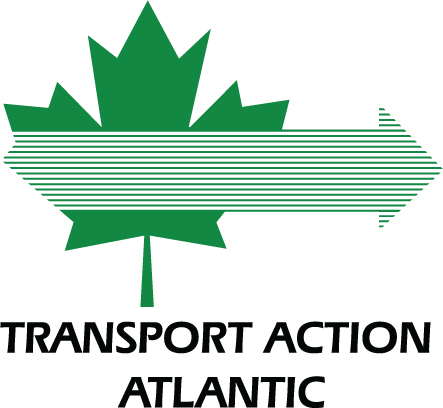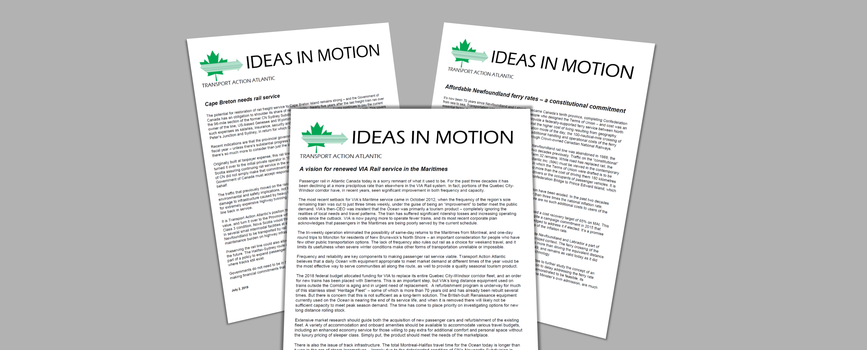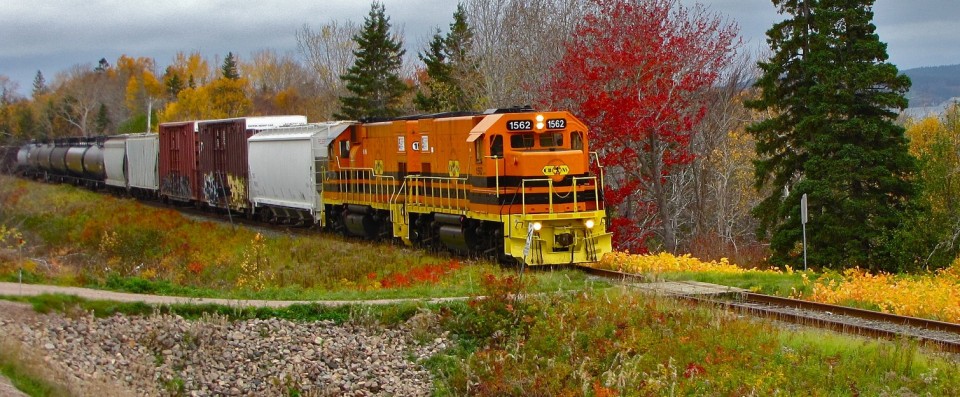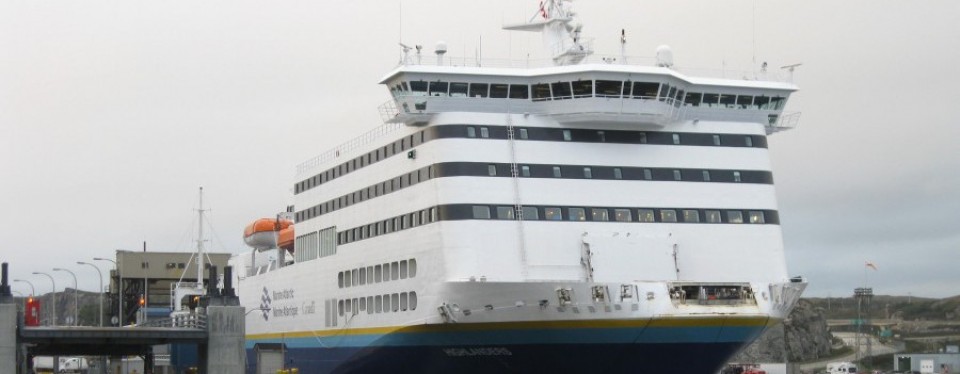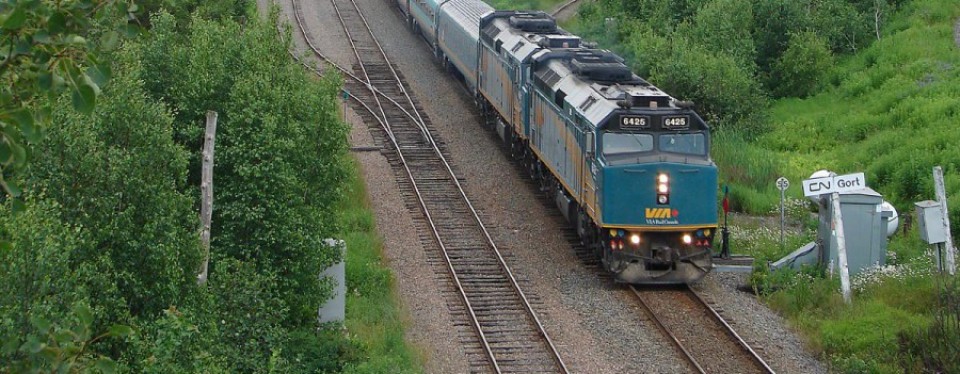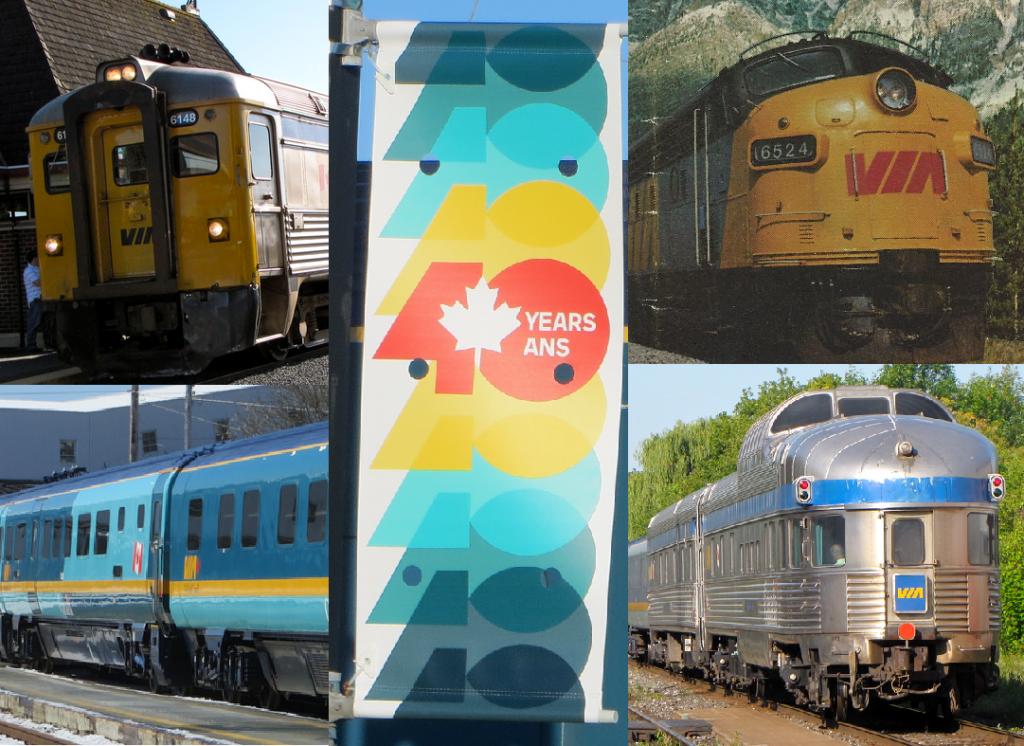
[Originally published in the Spring-Summer 2018 edition of “The Bulletin”]
After four decades of neglect by successive federal governments, there finally seems to be some significant support in Ottawa for passenger rail. In certain parts of Canada – that is. That was the gist of a significant appropriation contained in the Trudeau Government’s Budget 2018, tabled on February 27.
The first commitment to new rolling stock in 40 years promises a complete renewal of VIA Rail Canada’s aging and tired corridor fleet. No actual cost figures were given because of the pending procurement process, but it’s clearly an investment in the billion-plus category. VIA subsequently posted a summary of the fleet renewal program on its website, and on June 18 announced a short-list of four qualified suppliers that will have until October 5 to submit proposals. A contract is expected to be awarded before the end of 2018, with the first of the new rolling stock in service within four years.
In short, the plan calls for 32 new bi-directional trainsets for use in the Quebec City to Windsor corridor. Primarily the new rolling stock will replace the so-called LRC equipment, built in the early 1980s, and now rapidly approaching the end of its useful life. Many LRC cars will need to be retired before the new orders are delivered. Continue reading “Our Canada includes passenger trains…and it doesn’t end at Quebec City.”
